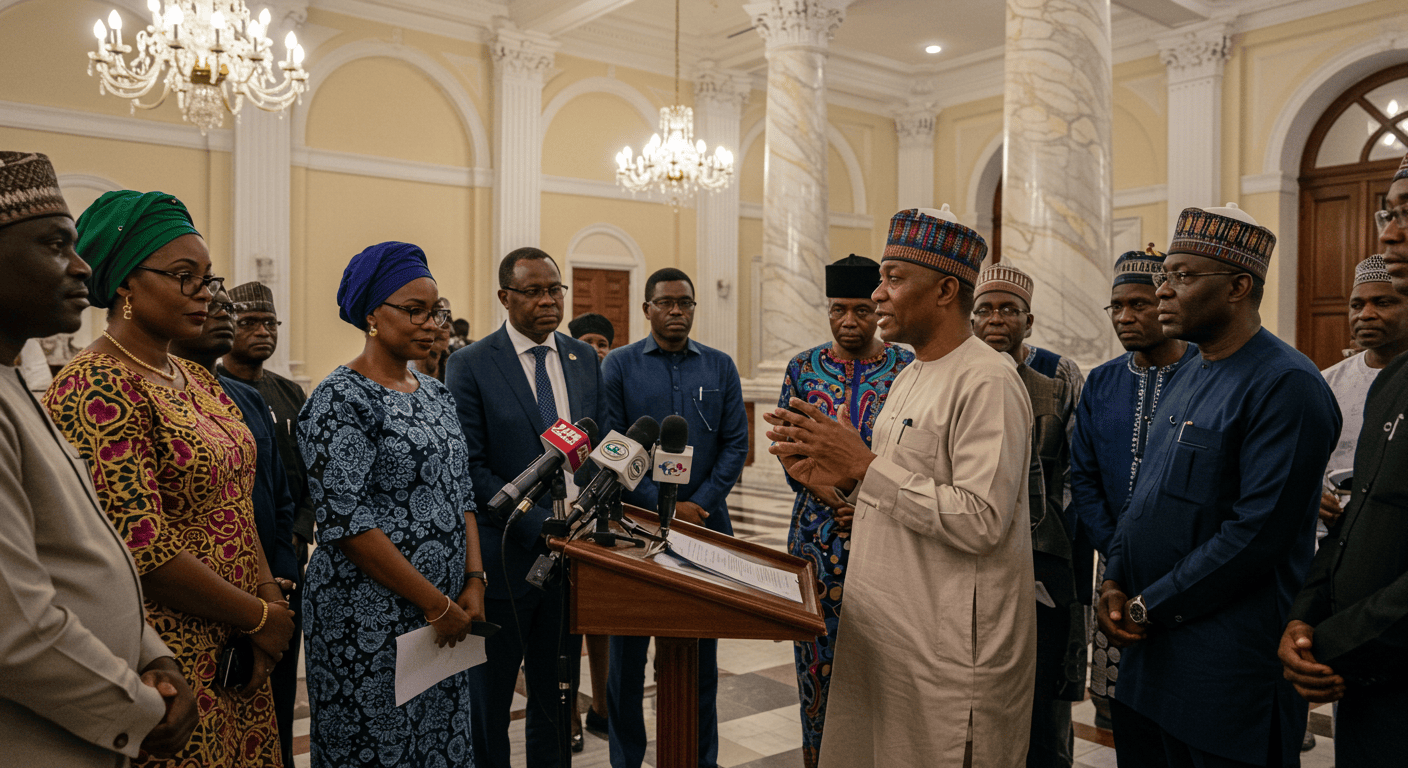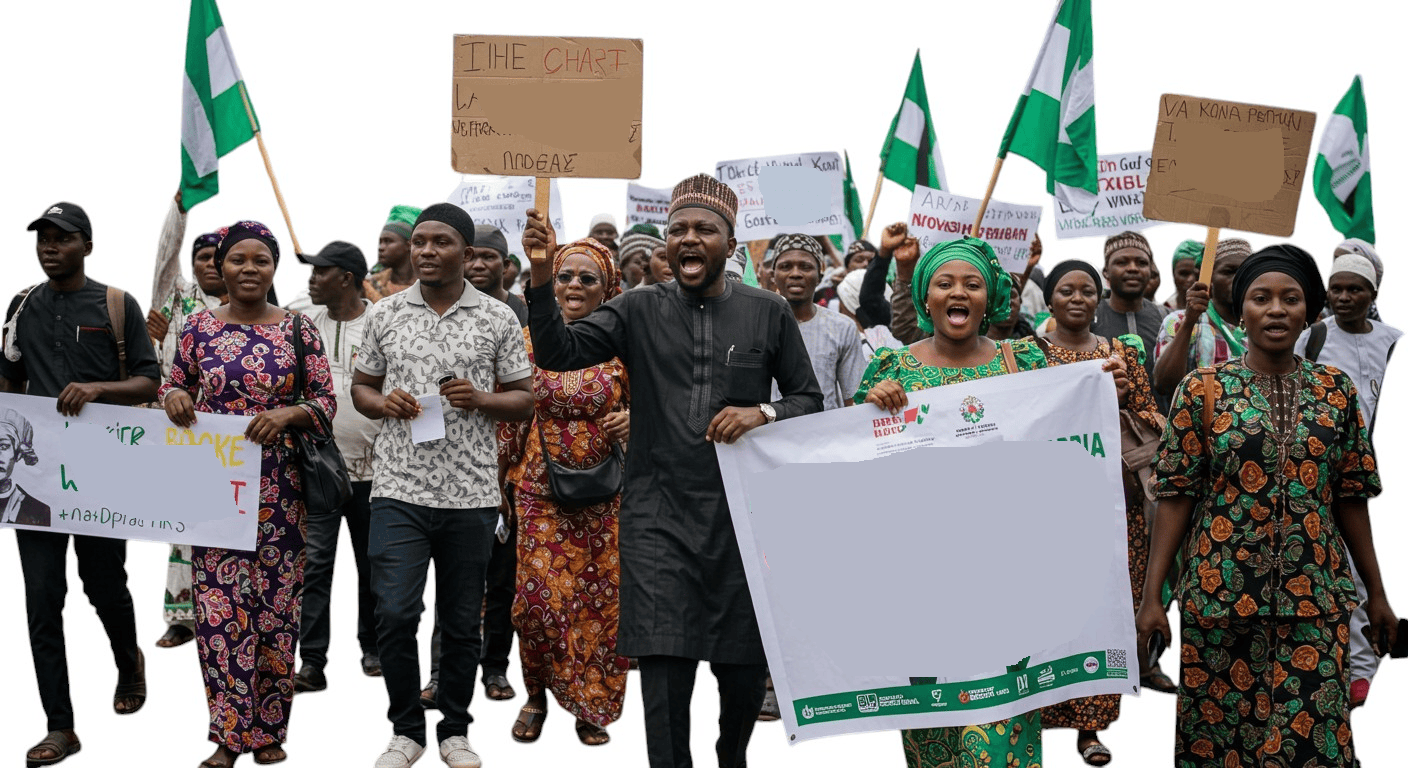Desputes & Public Law
Defections Without Ideology: What the APC Wave Reveals About Nigerian Politics
In recent months, Nigeria has witnessed a fresh and growing wave of defections by prominent political figures into the All Progressives Congress (APC). From state governors and federal lawmakers to grassroots political influencers, the exodus from opposition parties into the ruling APC appears not just widespread but also strategic. While party-switching is not new in Nigeria’s political culture, the sheer frequency and momentum of recent defections have raised important questions about the health of the […]
Can Nigeria Become Un-Corrupt?
Corruption in Nigeria has long been a pervasive and deeply rooted challenge, casting a shadow over governance, economic growth, and public trust. From inflated contracts and embezzled public funds to nepotism and electoral malpractice, corruption permeates virtually every sector. Yet the question remains: Can Nigeria become un-corrupt? While the journey is long and difficult, the answer is not an outright “no.” With sustained reforms, strong institutions, and collective national will, Nigeria can significantly reduce — […]
Nigeria and the Curse of Institutionalised Corruption
In Nigeria, corruption is not merely a vice—it is a way of life, embedded deep into the operating systems of state. It is institutionalised, sustained by complicit actors across all branches and levels of government, and normalized in a way that has numbed the collective conscience of a nation. From the police force to the judiciary, anti-corruption bodies to schools, hospitals, customs, and public procurement offices, corruption is both the thread and the fabric of […]
Evaluating Nigerian Politicians: People-Oriented or Self-Seeking?
The question of whether Nigerian politicians are people-oriented or self-seeking is both a legal and moral inquiry with profound implications for democratic governance, rule of law, and socio-economic development. This article examines the conduct of political actors in Nigeria through the lens of constitutional obligations, public accountability, and democratic expectations, ultimately offering a balanced perspective grounded in observable realities. 1. Constitutional and Legal Obligations of Political Officeholders The Constitution of the Federal Republic of Nigeria, […]
The Right of Nigerians to Criticize Their Government and Demand Accountability Introduction
Introduction Since gaining independence in 1960, Nigeria has experienced a complex interplay between governance and public criticism. Successive administrations have adopted varying approaches to address dissent, ranging from suppression to engagement, reflecting the nation’s evolving political landscape. Democracy thrives on the ability of citizens to voice their opinions, challenge their leaders, and demand accountability. In Nigeria, this right is not just an ideal but a constitutionally protected principle that plays a crucial role in promoting […]




